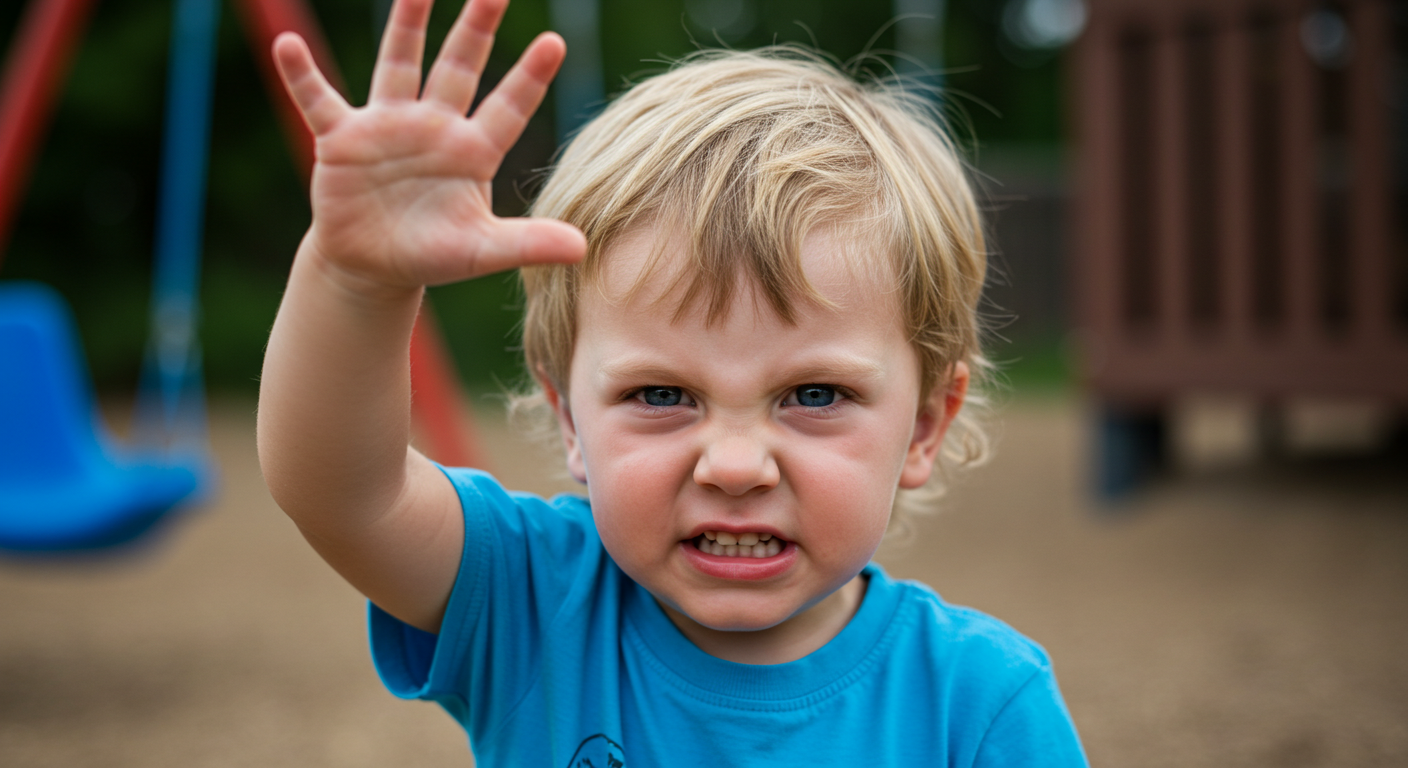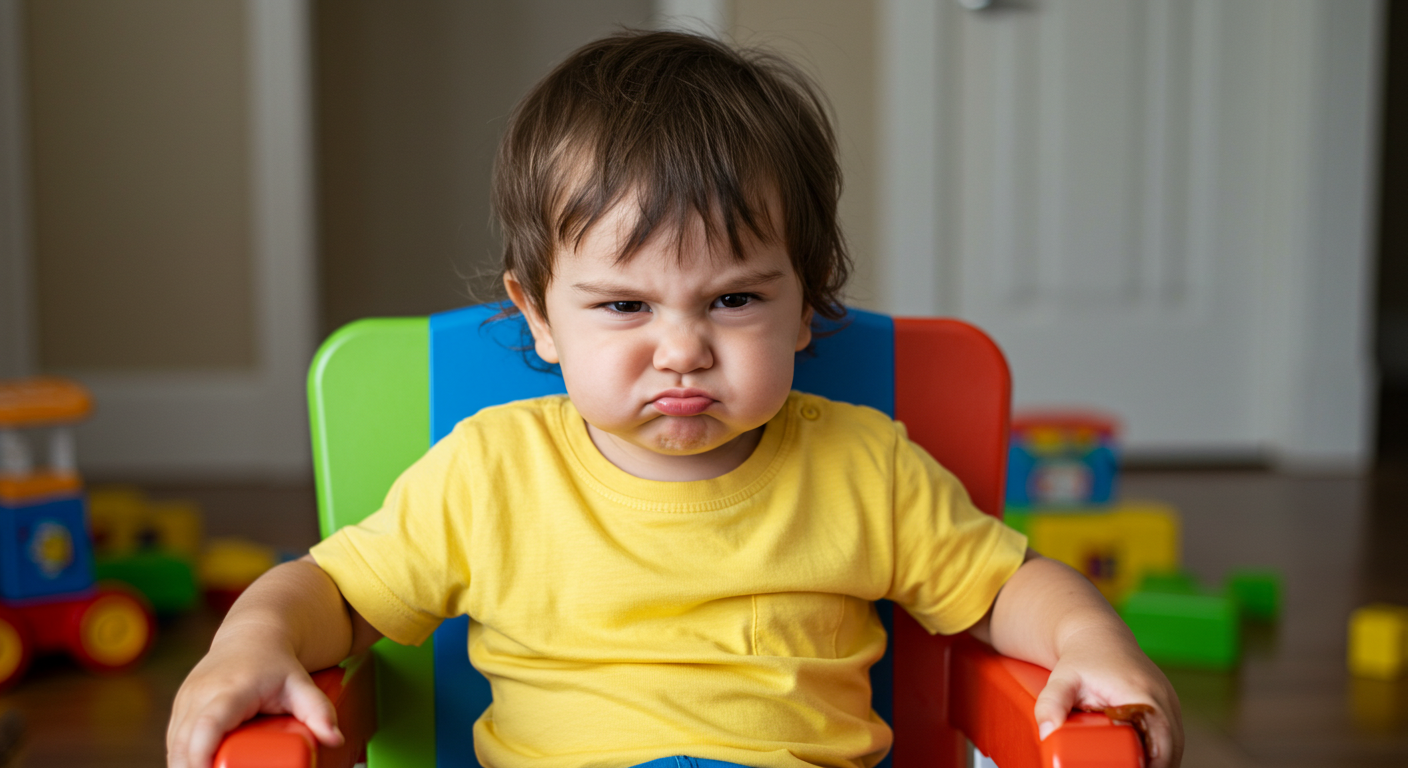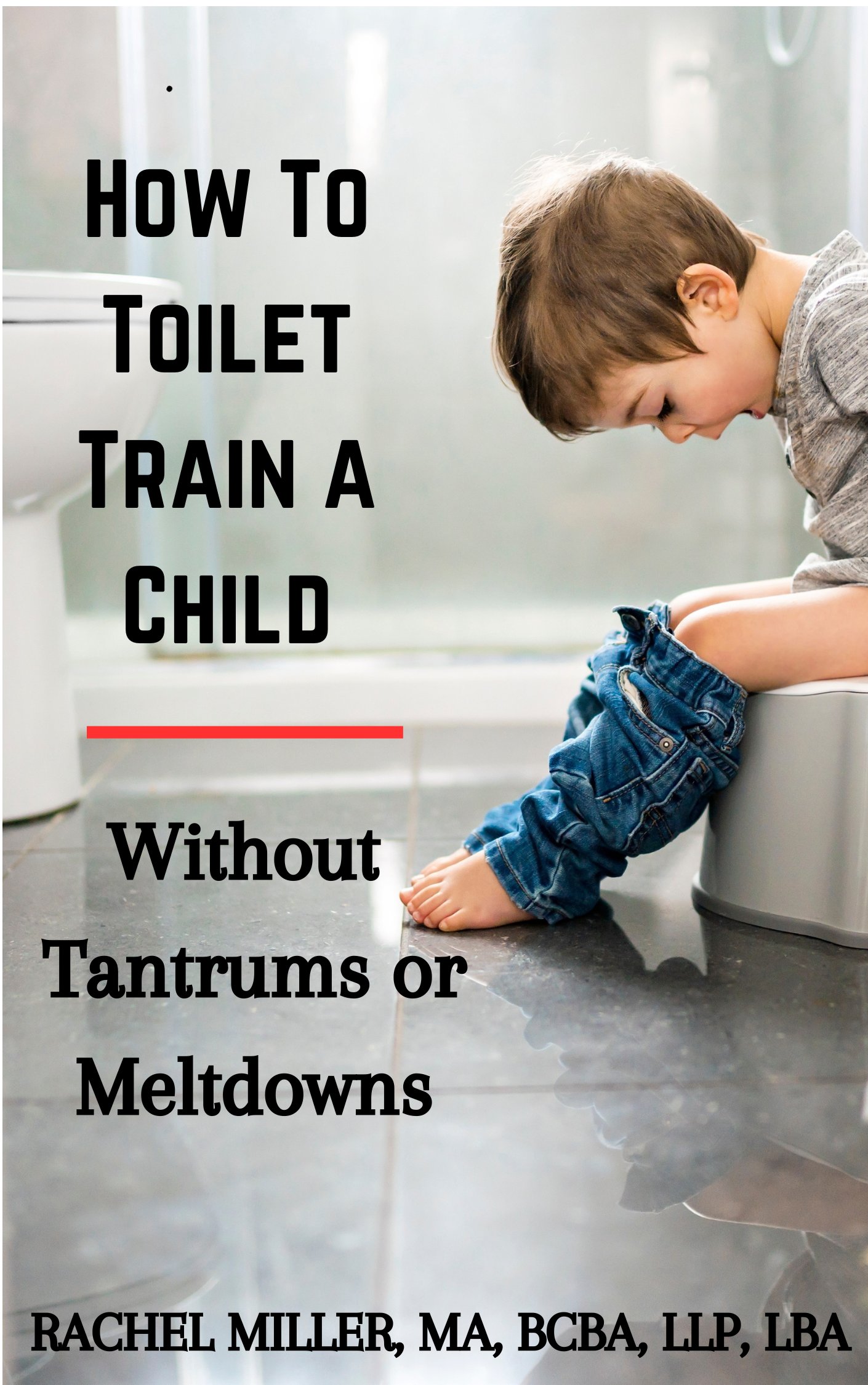Toddler Hitting:
How to Understand and Respond to
Aggressive Behavior in Young Children

Toddler hitting is a common behavioral issue that many parents face, especially during the so-called "terrible twos" and "threenager" years. If your child is hitting others—whether it’s siblings, peers at daycare, or even you—it can be both alarming and frustrating. However, this type of behavior is typically a developmental phase, often linked to frustration, limited communication skills, or emotional overwhelm.
In this guide, we’ll explore why toddlers hit, how to respond appropriately, and when to consider whether your toddler’s aggression might indicate a deeper issue. You’ll also find evidence-based strategies that help reduce hitting behavior while fostering emotional regulation and empathy.
Why Do Toddlers Hit?
Before jumping to discipline, it’s important to understand why toddlers hit in the first place. Between 18 months and 3 years, children are just beginning to explore social interactions and emotions. Most do not yet have the language or coping skills needed to express their frustration or needs. As a result a toddler may resort to hitting or even biting when frustrated.
Common Reasons for Toddler Hitting:
1. Frustration or Overstimulation
Toddlers often hit when they feel overwhelmed or unable to express themselves. If they can’t articulate what they want or need, they may resort to hitting as a form of communication.
2. Seeking Attention
Some toddlers hit because they are curious about how others will react. If the behavior results in a big emotional response from an adult or another child, the toddler might repeat it for entertainment or attention.
3. Copying Others
Children often mimic what they see. If a toddler observes hitting at daycare or even in media, they may try to imitate it without fully understanding the consequences.
4. Testing Boundaries
Toddlers are naturally curious and often test limits to understand what is acceptable. Hitting may occur as a way of pushing boundaries, especially when they sense inconsistencies in discipline.
5. Sensory or Developmental Issues
While toddler hitting is common, persistent or severe aggression might be a symptom of developmental delays. If your child also struggles with communication, shows signs of hyperactivity, or doesn’t engage socially, it could be worth exploring signs of ADHD in toddlers or early signs of autism.
6. Trying to Communicate a Need or Escape a Demand
Hitting can also be a toddler’s way of trying to get a want or need met—such as a toy, snack, or attention—or to avoid doing something they don’t want to do, like cleaning up, leaving the park, or sitting still. Since toddlers often have limited verbal skills, hitting becomes a last resort to express themselves when words fail. For example, a child might hit a caregiver when told it’s time to stop playing, not out of defiance, but out of frustration and a desire to escape the situation.
What to Do When Your Toddler Hits

Responding to toddler hitting with calm, consistent strategies is key. While it may be tempting to react strongly—especially if your child hits another child or causes embarrassment in public—doing so can often escalate the situation or unintentionally reinforce the behavior.
Here are proven ways to respond to toddler hitting in a constructive and developmentally appropriate way:
1. Stay Calm and Neutral
When your toddler hits, avoid raising your voice or showing anger. Reacting emotionally can give your child the exact attention they may be seeking. Instead, maintain a calm, neutral expression and speak in a soft but firm voice.
2. Use Clear and Simple Language
Say something like, "Hitting hurts. We use gentle hands." Keep your message short and age-appropriate, and avoid lengthy explanations they may not yet understand.
3. Teach an Alternative Behavior
If the hitting stemmed from frustration or a lack of communication skills, teach your toddler to say words like “Help,” “Stop,” or “I’m mad.” You can also model behaviors like asking for a turn or using breathing exercises to calm down. If your child has limited communication skills at this age, it may be worth using communication cards or teaching them simple signs.
4. Remove Attention Briefly
If the hitting appears to be attention-seeking or done with a smile or laughter, try this sequence:
- Maintain a neutral expression.
- Walk away calmly or remove the child from the play area.
- Avoid direct eye contact or verbal responses for 1–2 minutes (as long as the child is safe).
- Return once the child is calm and ready to engage appropriately.
Then, praise positive interactions:
"I love how you're playing so nicely!"
5. Avoid Reinforcement Through Rewards
Never give in by handing over a toy or treat after a hitting incident. If the child is hitting because they want something, wait until they are calm and can communicate appropriately before offering it.
6. Use Logical, Empathetic Consequences
Instead of punishment-based responses like yelling or spanking (which may send mixed messages), apply natural consequences paired with empathy. For example, if your child hits during a group activity, calmly remove them from the activity with a comment like, "It’s so sad. We can’t play when we hurt others." If the child hits with a toy or in effort to obtain a toy, calmly remove the toy and say, "Oh no that's so sad, the toy has to go into time out now." then put the toy up for a designated period of time.
7. Use social story videos that are animated like the ones below to help young children learn how to use coping skills. I also really like the book "Hands are not for Hitting" and read this to my oldest son when he was little and went through a hitting phase.
Why Spanking Doesn’t Help
While some caregivers may resort to spanking as a response to toddler aggression, it’s important to understand that this approach can be counterproductive. If you tell a child not to hit but then model hitting as a form of discipline, the message becomes confusing and contradictory.
Moreover, most daycares and preschools prohibit physical discipline, which can lead to inconsistencies in behavior across settings. A child who is spanked at home may suppress hitting there but express it elsewhere, like at school or in public.
When to Be Concerned About Toddler Hitting
While toddler hitting is usually a phase, certain red flags may indicate that professional help is needed:
- The child hits multiple times per day despite consistent child discipline.
- The behavior persists well beyond age 3–4.
- Hitting is accompanied by speech delays, lack of eye contact, or other developmental concerns.
- Aggression escalates in intensity or includes behaviors like biting, scratching, or severe tantrums.
If any of these apply, consult your pediatrician. Early intervention for conditions like autism spectrum disorder (ASD) or ADHD can be incredibly effective in helping your child develop healthier communication and coping skills.
Final Thoughts
Toddler hitting is a frustrating but normal part of early childhood development. With patience, empathy, and consistent discipline, most children will grow out of this behavior as they gain better emotional regulation and language skills.
Stay calm, model kindness, and remember: your child isn’t being “bad”—they’re learning how to be human.
If you haven't already, be sure to check out my ebooks, now on Amazon!

